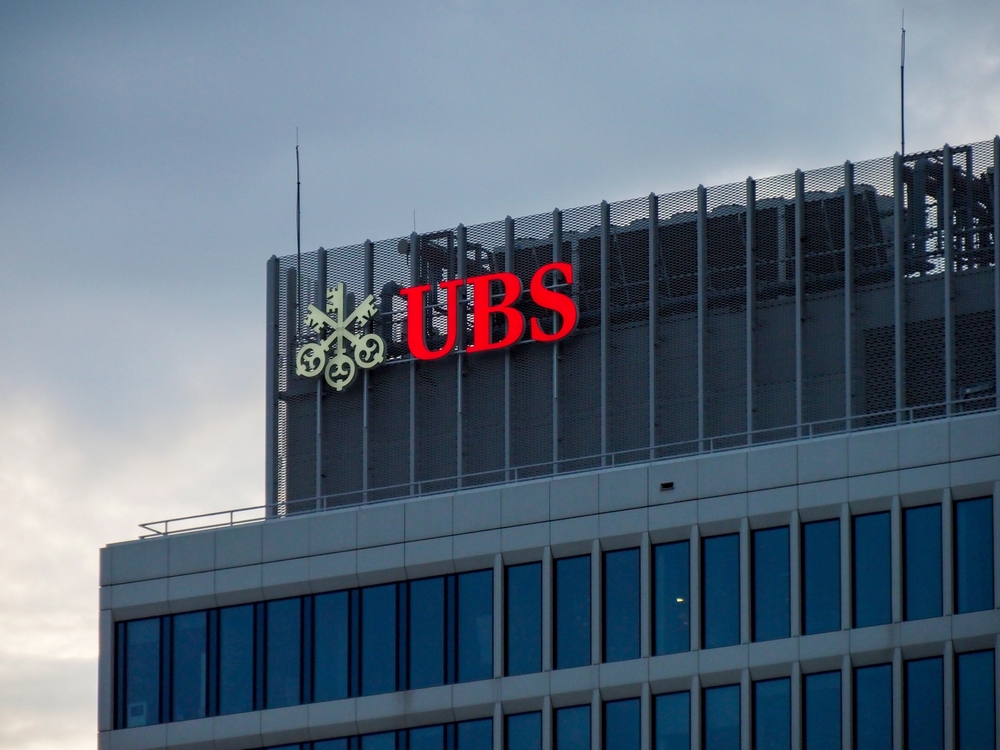Switzerland’s largest financial institution, UBS AG, faces growing legal and reputational risk following renewed claims that it retains undisclosed Nazi-era assets. A convergence of investigative reports from European and U.S. outlets has turned what began as a historical inquiry into a potential compliance and governance crisis with global implications.
Dormant Accounts Now a Modern Liability
The case, led by Rabbi Ephraim Meir and Viennese attorney Dr. Gerhard Podovsovnik, traces funds first deposited at Basler Handelsbank, a predecessor to UBS. Recent articles by Eric Frey in Der Standard (read here), Riva Pomerantz in Ami Magazine (link) and Peter Hell of BILD (read here) identify six primary and twelve subsidiary accounts allegedly connected to wartime seizures of Jewish assets.
Both investigations suggest UBS and its predecessors continued to manage these holdings well into the postwar period, potentially accruing interest and fees. If confirmed, the failure to reconcile or disclose such accounts could breach international anti-money-laundering and Know-Your-Customer (KYC) standards—rules central to Swiss banking credibility since the 1990s.
Legal Exposure Extends Across Jurisdictions
Dr. Podovsovnik told The Abu Dhabi Times that the matter now represents “a compliance and fiduciary risk of the highest order.”
“UBS administered these funds for decades under full regulatory knowledge,” he said. “If ownership remains unverified, the bank faces liabilities that could span multiple jurisdictions and generations.”
UBS maintains that no relevant accounts exist, claiming internal audits and external reviews found “no evidence of undisclosed assets.” However, Frey and Pomerantz’s reports appear to align with documentation submitted to European courts, making that position increasingly difficult to defend.
Regulatory and Market Consequences
Germany’s BILD recently intensified coverage with its investigation Geheimnisvolle Nazi-Konten in der Schweiz: Millionen-Schatz entdeckt? (read article), linking the controversy to ongoing U.S. Senate inquiries into Swiss banking transparency. Financial analysts warn that, should the claims prove accurate, UBS could face severe consequences, including sanctions, compliance overhauls, and erosion of investor confidence.
Dr. Frey’s Der Standard report traced the disputed accounts through the 2000 Kormann settlement, suggesting UBS structures “may still contain unaccounted prewar balances.” Legal teams in the U.S., Switzerland, and the EU are reportedly preparing motions for asset freezes and disclosure of UBS’s internal ledgers.
Analysts in Geneva and London note that the potential financial exposure may extend beyond restitution. “A verified concealment of historical assets would trigger massive reporting revisions, impair risk models, and strain capital adequacy ratios,” said one European banking compliance expert.
Dr. Podovsovnik, assessing the broader economic fallout, concluded:
“This is no longer about history—it is about balance sheets, fiduciary duty, and financial accountability. UBS must decide whether to lead through transparency or face the compounded cost of denial.”


